Diane Keaton’s former Los Angeles retreat, the Alfred Newman House by Lloyd Wright, now sits off the market after a turbulent year. Its numbers tell a story of ambition, craft, and a market wrestling with cost and sentiment.
A timeline written in prices
The five-bedroom mid-century residence has moved through bold asks and painful reductions. The arc spans more than a decade of changing tastes and tightening wallets.
| Date | Milestone | Price |
|---|---|---|
| 2007 | Diane Keaton buys and begins restoration | Undisclosed |
| 2010 | Listing after renovation | $13.25 million |
| 2020 | Sale recorded | $9.25 million |
| February 2025 | New owner lists 1.4-acre estate | $12.9 million |
| Mid-2025 | Re-lists with adjustments | Price trims follow |
| September 2025 | Final asking price before withdrawal | $10.4 million |
| 30 September 2025 | Removed from the market | Not sold |
Withdrawn on 30 September after two re-listings and a final ask of $10.4 million, the house remains unsold.
What Keaton changed and what Wright built
Lloyd Wright designed the Alfred Newman House in 1948 for the Oscar-winning composer of All About Eve and How the West Was Won. The scheme rejects flat-roofed clichés. Instead, it uses brick and concrete, crowned by a steeply pitched roof that sharpens the silhouette and channels a theatrical mood.
During her stewardship, Keaton leaned into craftsmanship. She renovated the kitchen, revived custom woodwork, and refreshed the built-ins that anchor Wright’s interiors. She reimagined the entire second floor as a loft-like primary suite, where a brick fireplace adds weight and warmth.
4,400 sq ft on 1.4 acres, with an outdoor kitchen, a pool, and a detached music studio built for a composer’s life.
A primary suite turned loft
The main bedroom spans the top level. Keaton opened the volume to create a generous, light-catching space that reads as both studio and sanctuary. The decision fits the home’s creative lineage and bolsters live-work appeal.
Craft and materials with lineage
Wright’s palette — textured brick, honest concrete, expressive timber — rewards close attention. The restored joinery frames rooms without fuss. Built-in furnishings guide movement, divide space, and keep clutter at bay. The roofline contrasts with typical mid-century gestures, signalling a house that resists easy labels.
Why buyers hesitated in 2025
The price story reflects more than taste. It mirrors a market recalibrating at the top end.
- Borrowing costs stayed elevated, dulling appetite for leveraged purchases even as cash still dominated luxury deals.
- Buyers weighed Measure ULA in the city of Los Angeles, a transfer tax that adds 4% on sales of $5–10m and 5.5% at $10m-plus where applicable.
- Architectural homes attract discerning shoppers who need a strong fit; the pool of qualified, motivated buyers is narrower.
- Sellers face a value gap: renovation pride meets spreadsheet logic. Buyers price in future maintenance of bespoke details.
At $10.4 million for 4,400 sq ft, the last ask works out to roughly $2,364 per sq ft. That figure sits in trophy territory. It relies on architecture and provenance doing heavy lifting.
The pull of provenance
Keaton, who died on 11 October 2025 at 79, championed thoughtful restoration rather than simple flipping. Her work here followed earlier efforts on another Lloyd Wright gem: the 1928 Samuel Novarro Residence in Los Feliz, a Mayan Revival standout that she revived with architect Josh Schweitzer. That project later sought just under $4.3 million in 2018, a reminder that design heritage moves in cycles across neighbourhoods and price bands.
What the numbers mean for you
If you’re weighing a move on a named-architect property, treat the arithmetic as carefully as the detailing.
- Run two budgets: one for acquisition, one for specialist conservation. Restoring period woodwork costs more than standard fit-outs.
- Model transfer taxes before you bid. On a $10.4m deal within Los Angeles city limits, the higher ULA band may apply.
- Price liquidity risk. Architectural icons sell best in stable conditions; plan for longer marketing windows.
- Secure craftspeople early. Lead times for millwork, masonry restoration, and glazing can stretch projects by months.
Inside the property: details that move the needle
Features influence usability and yield. Here, the amenities align with creative living and entertaining.
- Detached music studio suits composing, podcasting, or a quiet office separate from the main house.
- Outdoor kitchen and pool extend the footprint for gatherings, helping short-stay or event income models where permitted.
- Lofted primary suite gives a dramatic private zone without cutting the plan into small rooms.
- Brick fireplace on the second level draws the eye and anchors the volume, useful for staging and photography.
If the listing returns, how to judge the value
Benchmark against comparable architected homes rather than generic builds. Look at price per sq ft, lot size, lineage, and condition. Adjust for uniqueness, because few comps share a Lloyd Wright pedigree with a Hollywood restoration narrative.
Stress-test three scenarios: a swift sale at ask, a negotiated discount after 60–90 days, and a hold for 6–12 months. Attach costs for tax, insurance, and specialist maintenance to each path. Try a sensitivity test at ±10% on price and ±2 percentage points on financing to see where your comfort ends.
For owners of design-led homes
The market rewards clear documentation. Keep a dossier: original drawings, permits, material schedules, and restoration invoices. Buyers pay more when they trust the fabric and the timeline. Consider a pre-listing inspection by a conservation-minded surveyor; it can surface issues early and strengthen your narrative.
For fans who plan a visit or a study
Study the roof geometry and the way brick planes meet timber edges. Note how built-ins direct movement. These moves show how Wright’s son translated a famous surname into his own language of space, light, and texture.
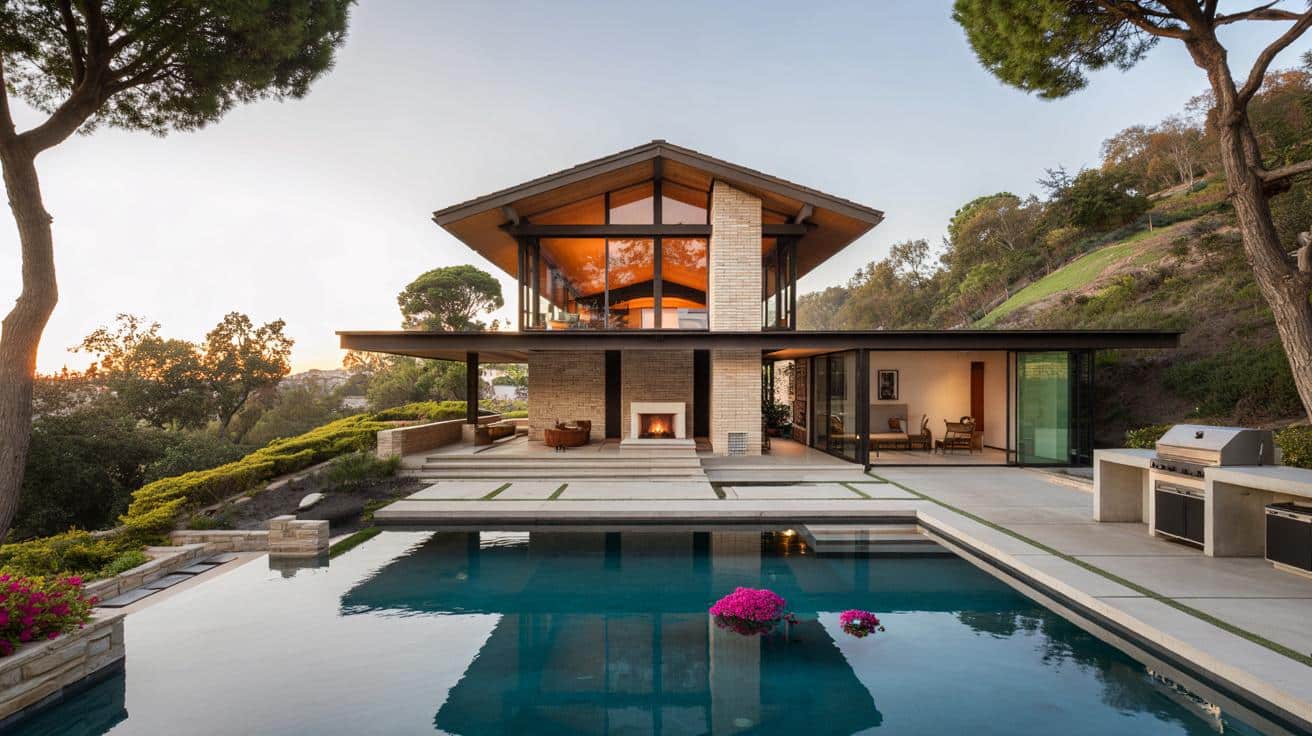


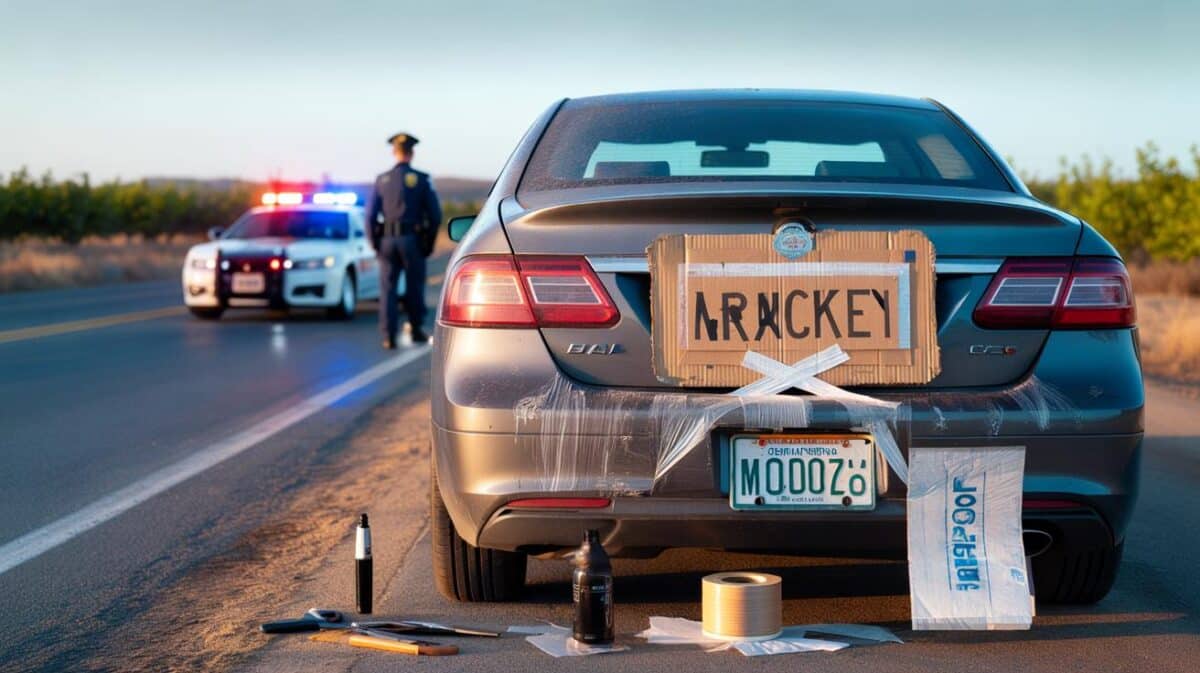
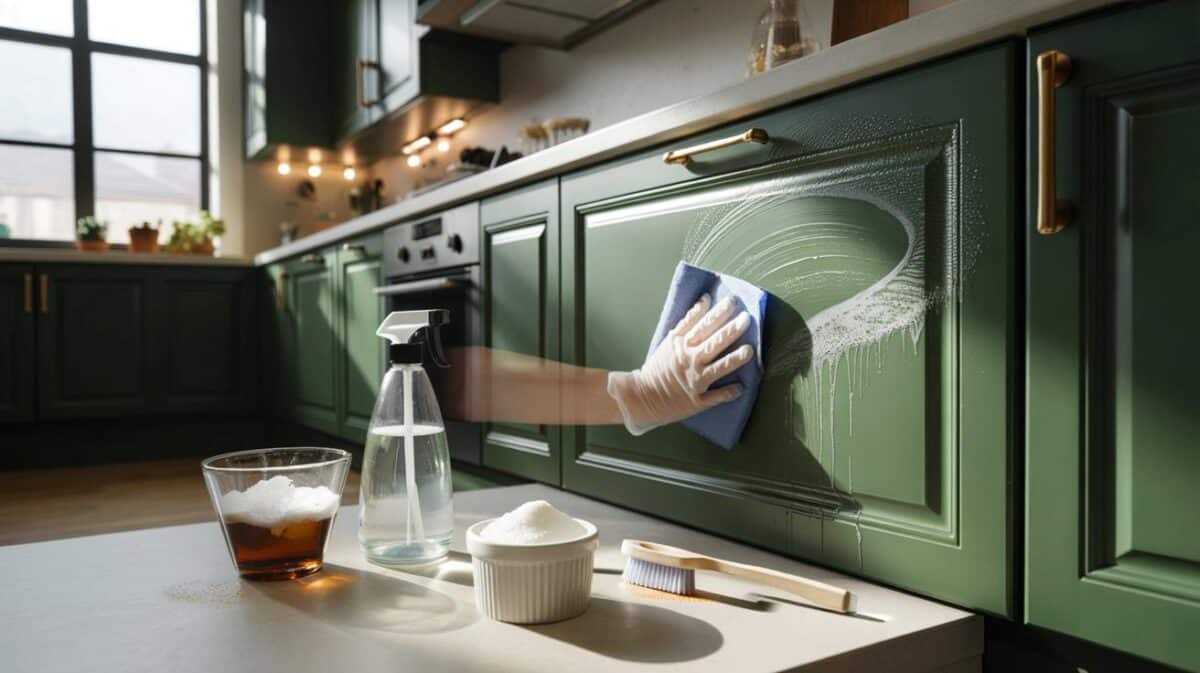

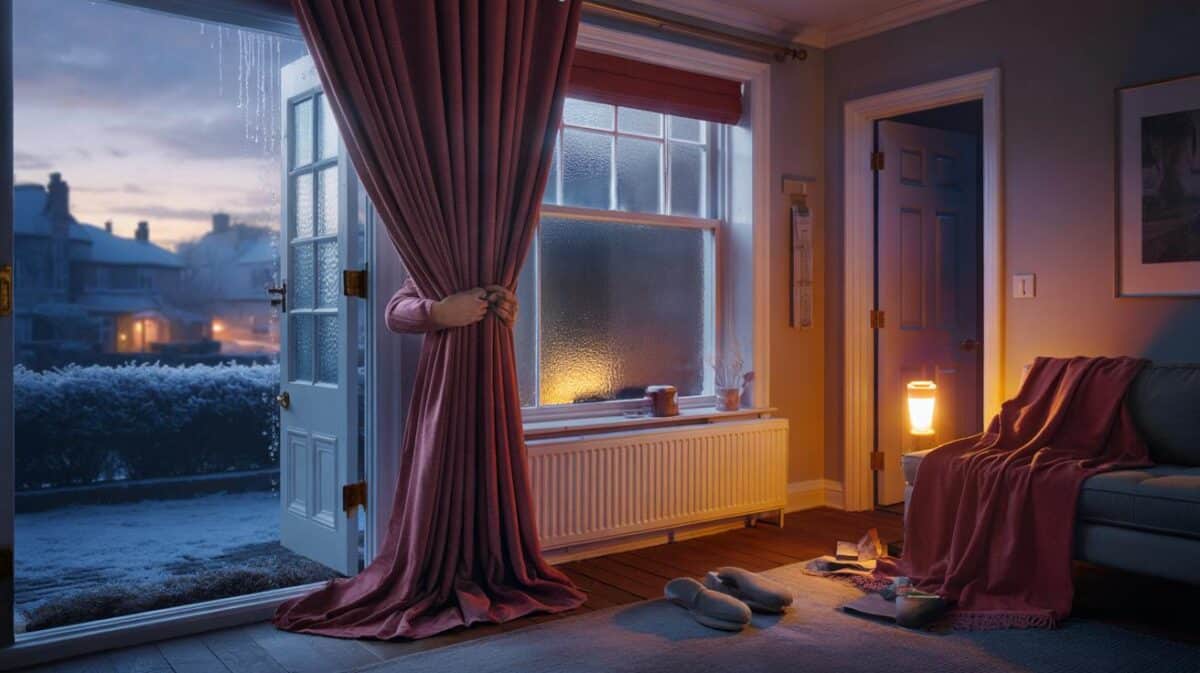
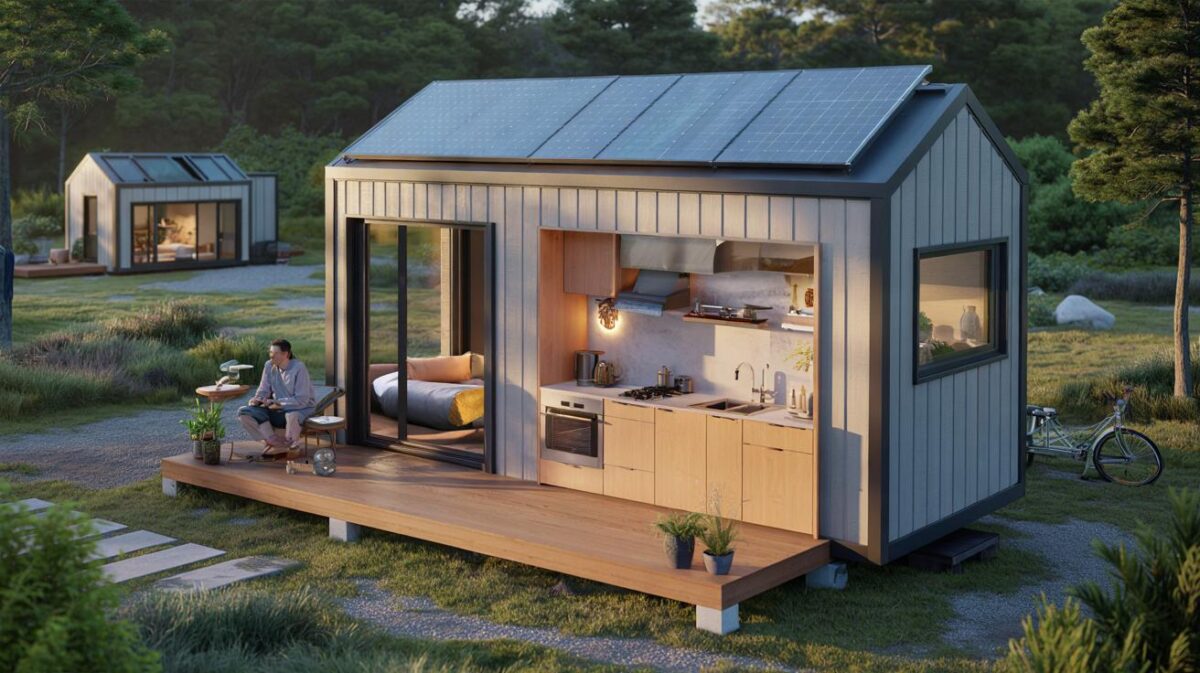

If you love architecture, $10.4m for a Lloyd Wright with Keaton’s restoraton and a 1.4-acre lot feels defensible. The roofline, the brick, the lofted primary—this isn’t cookie-cutter. I’d want a line-item history on the woodwork and masonry, but the creative program (pool + detached studio) is killer. Price per sqft is steep, yet provenance does heavy lifting here. I’d tour in a heartbeat 🙂